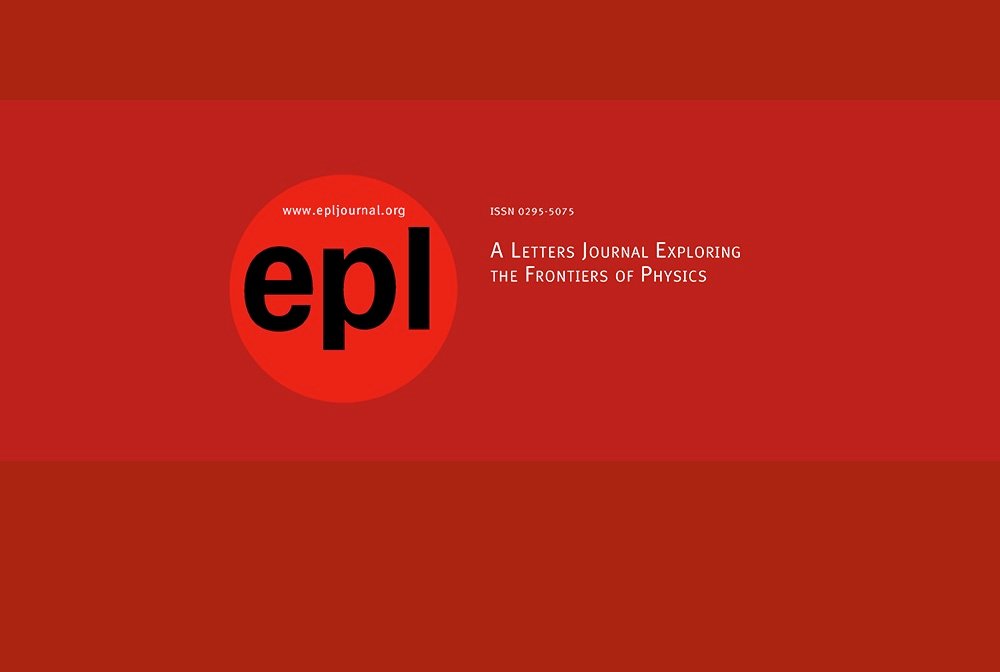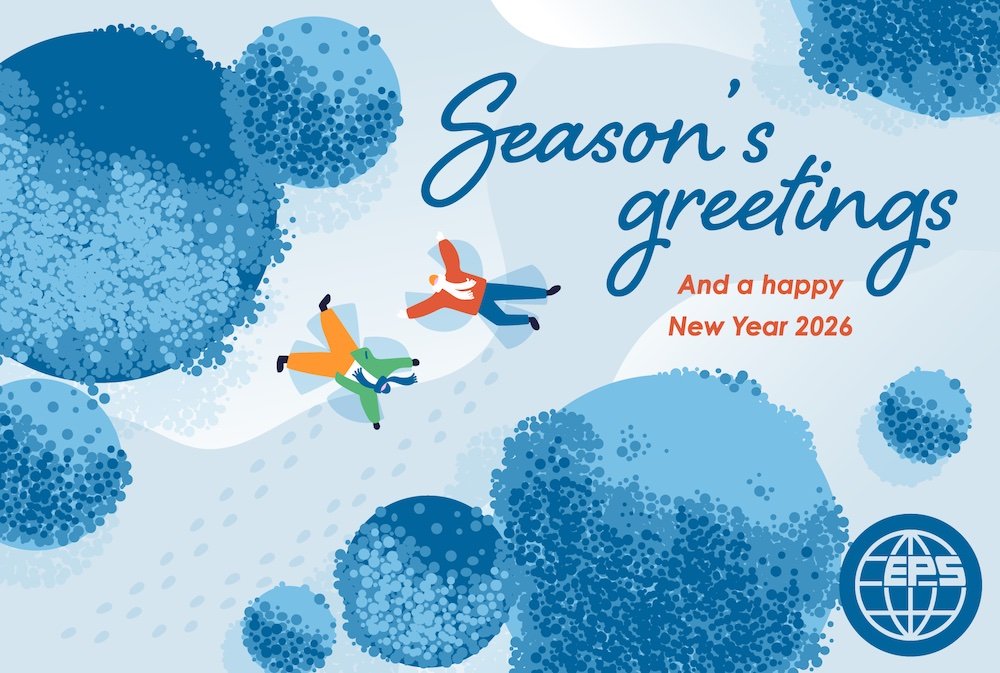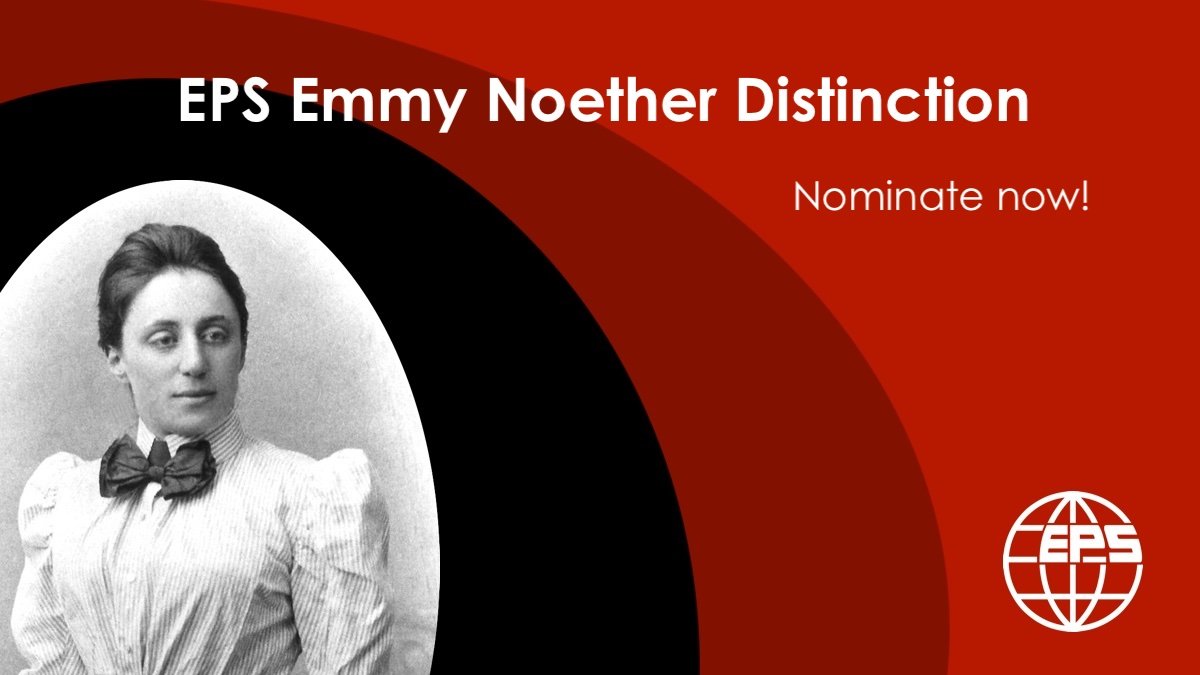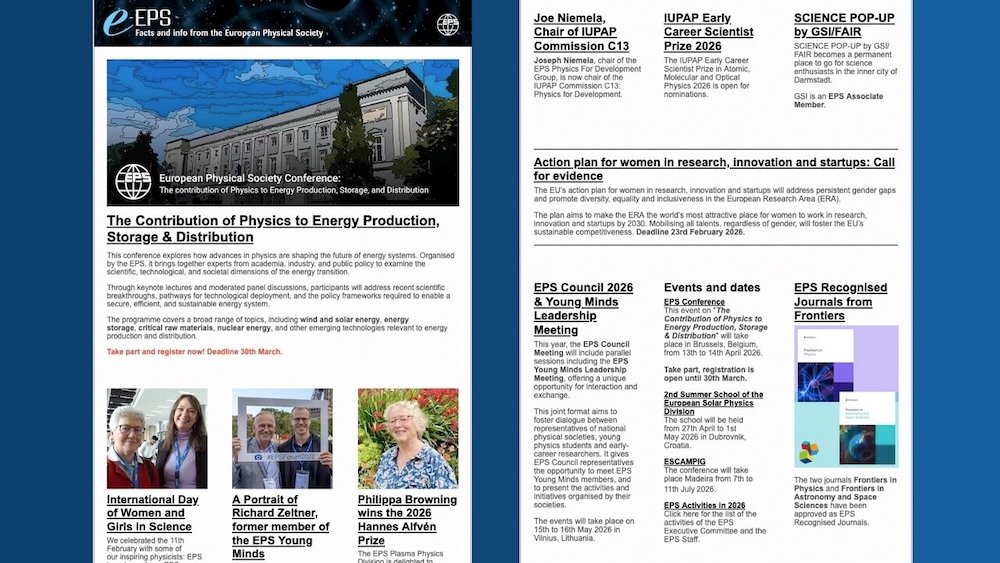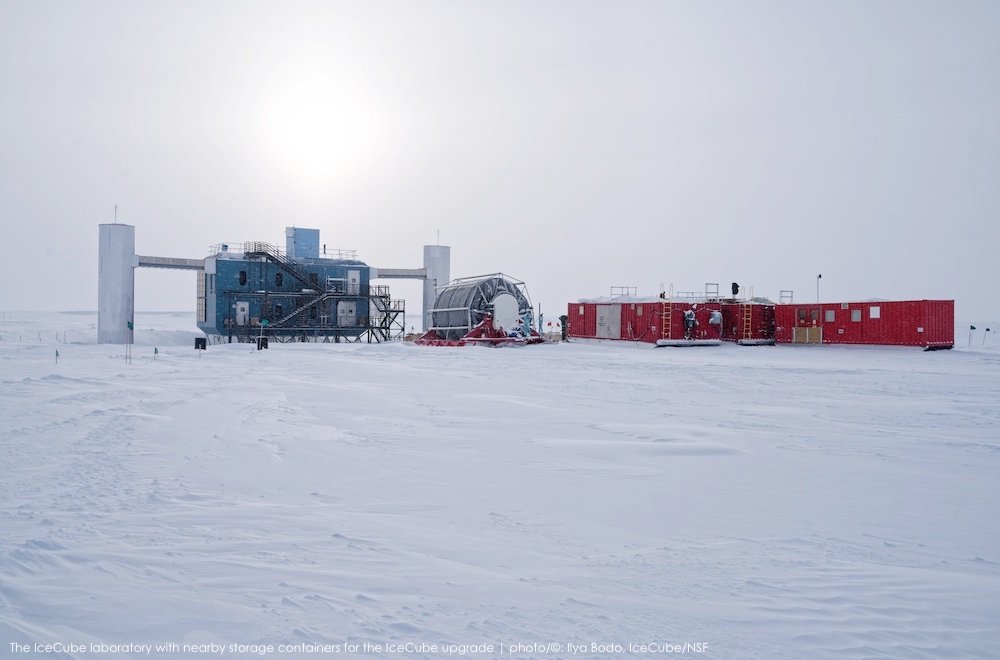Author: Vijala Kiruvanayagam
In August, PhysicsWorld published a podcast based on an article published in EPL ‘Unveiling complexity: Statistical physics approaches to ecological communities’, Ada Altieri and Silvia De Monte.
Link to the podcast: https://physicsworld.com/a/from-rabbits-and-foxes-to-the-human-gut-microbiome-physics-is-helping-us-understand-the-natural-world
This episode of the Physics World Weekly podcast is a conversation with two physicists, Ada Altieri and Silvia De Monte, who are using their expertise in statistical physics to understand the behaviour of ecological communities.
This discussion is based on a Perspective article that Altieri (an associate professor at the Laboratory for Matter and Complex Systems at the Université Paris Cité, France) and De Monte (a senior research scientist at the Institute of Biology in the École Normale Supérieure in Paris and the Max Planck Institute for Evolutionary Biology in Ploen, Germany) wrote for the journal EPL, which sponsors this episode of the podcast.
To-date the podcast has been downloaded over 4400 times indicating it is in-line with PhysicsWorld’s best performing podcasts.
Additional info:
A century ago, pioneering scientists such as Alfred Lotka and Vito Volterra showed that statistical physics techniques could explain – and even predict – patterns that ecologists observe in nature. At first, this work focused on simple ecosystems containing just one or two species (such as rabbits and foxes), which are relatively easy to model.
Nowadays, though, researchers such as Altieri and De Monte are turning their attention to far more complex communities. One example is the collection of unicellular organisms known as protists that live among plankton in the ocean. Another, closer to home, is the “microbiome” in the human gut, which may contain hundreds or even thousands of species of bacteria.
Modelling these highly interconnected communities is hugely challenging. But as Altieri and De Monte explain, the potential rewards – from identifying “tipping points” in fragile ecosystems to developing new treatments for gut disorders such as irritable bowel syndrome and Crohn’s disease – are great.
Sponsorships
This summer, EPL sponsored awards for early career researchers at a number of meetings all over the world.
In June, EPL sponsored the ‘Best Activity Awards’ at the 13th Young Minds Leadership Meeting which was held in Santiago de Compostela. The winning entries came from the Young Minds sections of Milan and Yerevan.
In July, EPL sponsored two ‘Best Oral Presentations’ at the Workshop ‘Complex Flows and Complex Fluids‘ (https://biferale.web.roma2.infn.it/ComplexFlowsComplexFluids/) which was held in Rome, 8-11 July 2025 as a satellite meeting of StatPhys29 (https://statphys29.org/)
Also in July, EPL was delighted to sponsor three ‘Best Poster Awards’ at the first ever StatPhys satellite meeting held in Africa. This event was held in Kigali, and as part of the meeting, a two-day intense school of complex systems was held to encourage students’ participation at the meeting. The poster prizes were presented by EPL Deputy Editor, Dr Rosemary Harris.
Finally, in September EPL sponsored three ‘Best Poster Awards’ at the Workshop on Frontiers in Quantum Materials” (https://www.ictp-saifr.org/wfqm2025/) held in São Paulo, Brazil at the International Centre for Theoretical Physics – South American Institute for Fundamental Research (ICTP-SAIFR) .
More information and photos from each of these events can be found at: News – EPL (Europhysics Letters) Awards made in 2025 – Europhysics Letters – IOPscience


